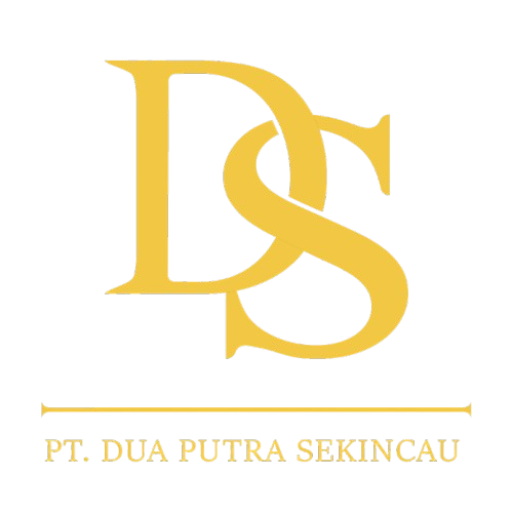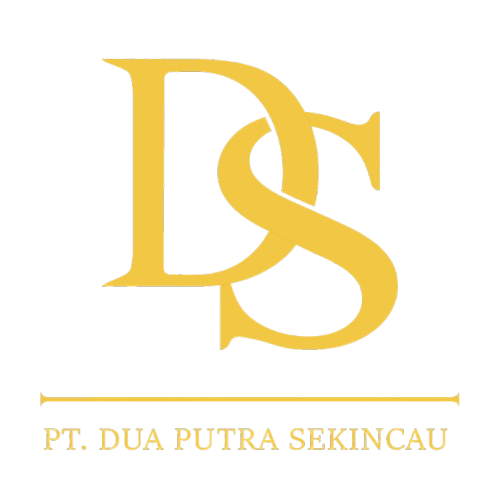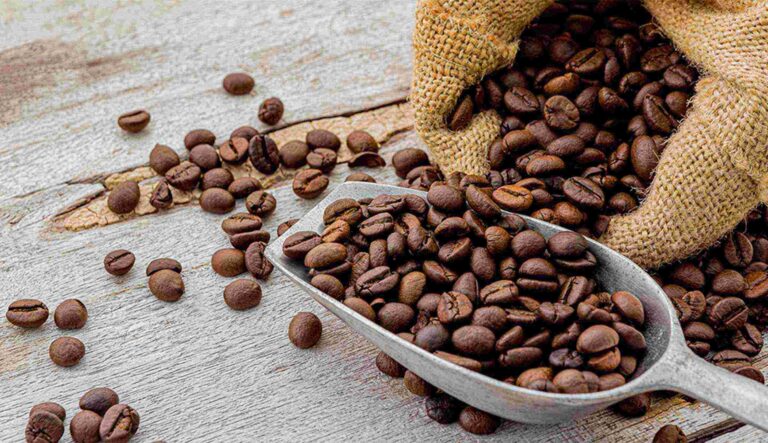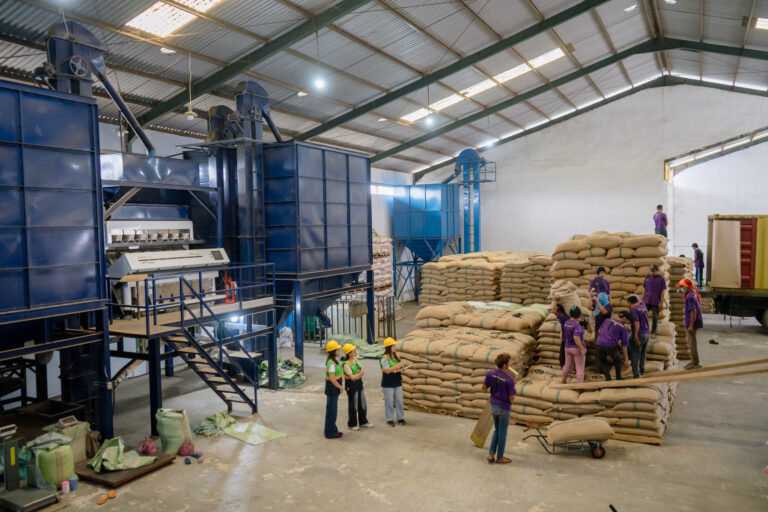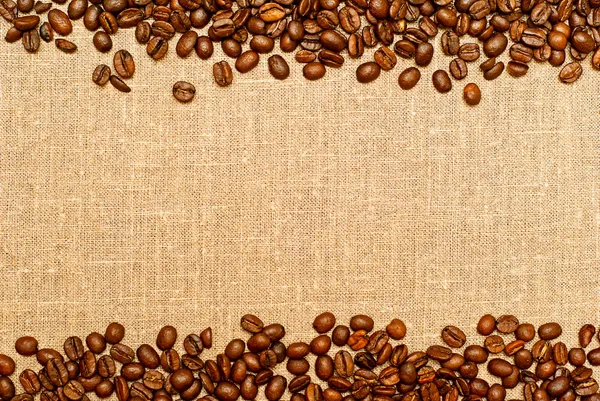Indonesia is famous for its Robusta coffee, which is widely produced and of export quality. Indonesia has adopted a special classification system that reflects the quality, size, and processing methods of coffee beans to maintain quality and meet market demand. These terms and grades can serve as a guide for buyers to ensure transparency and consistency in the coffee trade.
Robusta Coffee Growing Regions
Robusta coffee is cultivated throughout Indonesia, with production concentrated in the southern part of Sumatra. South Sumatra, Lampung, and Bengkulu account for more than half of the national Robusta coffee production. Other notable regions include East Java and Central Java, as well as the islands of Flores and Bali.
This geographical diversity strengthens Indonesia’s position as a global coffee supplier and adds richness to the flavor profile of Robusta coffee beans.
Understanding Indonesian Robusta Terminology
There are several specialized terms used to classify and understand the various categories of Indonesian Robusta based on size, processing method, and grade. These terms are:
- ELB (Extra Large Beans): Coffee beans larger than screen size 18, indicating exceptional uniformity and size. This category is often associated with premium quality.
- EK (Eerste Kwaliteit): Derived from Dutch meaning “First Quality,” EK coffee beans are selected for their superior standards, ensuring high-quality coffee.
- AP (After Polishing): Beans that undergo an additional polishing process after hulling to remove the silver skin. The result is a cleaner appearance and a smoother taste, highly valued in Japan.
- WIB (West Indische Bereiding): Refers to beans processed using the wet method, where cherries are pulped with water and fermented to remove mucilage before drying. This process enhances a clean and distinctive flavor profile.
- Low Quality: These are coffee beans with a higher number of defects and irregular sizes. These beans are typically used in bulk coffee markets or for lower-grade blends.
Robusta Grading System
Indonesian Robusta is also graded numerically based on the number of defects in a 300-gram sample. This grading provides an indication of quality. Quality Classification Requirements Class Maximum Defects (per 300g):
a. Class 1≤ 11 (for peaberry and polyembryonic coffee)
b. Class 212-25
c. Class 326-44
d. Class 4a45-60
e. Class 4b61-80
f. Class 5 81-150
g. Class 6 151-225
For a more detailed understanding of the grading system, refer to the Indonesian Robusta Coffee Grading Guide.
Partner in Quality Coffee
As a trusted Indonesian coffee supplier, SKA uses this grading system to deliver premium-quality coffee beans to clients worldwide. With branches spread across Java and Sumatra, we ensure the best coffee beans are sourced directly from the main regions that are the centers of growth. SKA is also committed to sustainability, with our coffee beans supported by the Rainforest Alliance. We are also actively aligning ourselves with the European Union’s Deforestation-Free Regulation (EUDR). By bridging Indonesia’s rich coffee heritage with global standards, SKA empowers farmers while meeting the demands of the global market.
